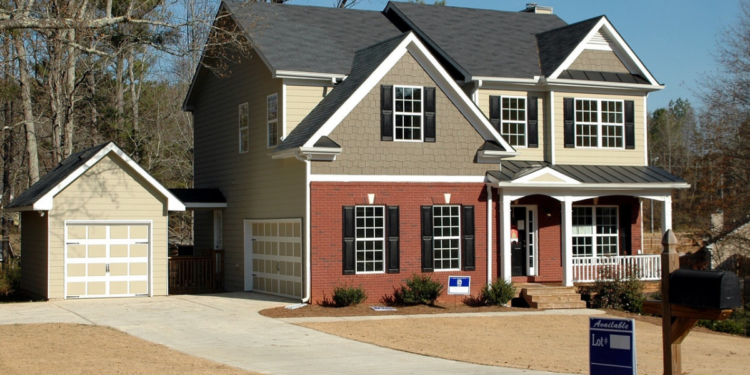Press Release from The Military Family Advisory Network
The Senate Armed Services Committee is holding an open hearing today, February 13, at 2:30 p.m., on the current state of the Military Housing Privatization Initiative (MHPI). Military families will be among the witnesses called to testify about the dangerous living conditions in privatized military housing, which include black mold, rodents, mushrooms, lead paint, asbestos, gas leaks, and water contamination.
“Our biggest fear is that not shining a light on this epidemic will lead to a death and to suffering for another military family. When is enough, enough?” said Erica Nichols, a military mother whose daughter’s immune system was damaged by prolonged exposure to black mold in their West Point home.
The Military Family Advisory Network (MFAN) submitted a report to the Senate Armed Services Committee for the public record, documenting findings from 40 interviews and nearly 17,000 military-family responses to an MFAN questionnaire on privatized military housing. Top executives from five of the companies most frequently referenced in MFAN’s report will be on the panel called for questioning at today’s hearing.
“Military families should not have to worry about their safety inside their own homes,” said MFAN’s executive director, Shannon Razsadin. “People need to know about the terrible conditions some military families are living in. After 18 years of war, there is a moral obligation to make this right.”
MFAN first learned of the substandard conditions in privatized military housing from its advisory board. It then launched the questionnaire to gain a clear understanding of the breadth of the issue. A total of 16,779 individuals responded, providing pictures of unsafe living conditions, stories of sick children, and copies of outstanding work orders from every state that has privatized military housing. Some families have incurred more than $10,000 in personal debt for moving expenses and repairs related to the conditions in their homes. Several families have wished to remain anonymous out of fear of retaliation from the privately owned housing companies.
“We can’t afford to move off base, and even if we could, there is nowhere to live. Command told us they don’t have any control over the property owners,” said respondent Megan Konzen, the wife of a second lieutenant stationed at Laughlin Air Force Base in Texas. Megan was hospitalized in November after mold was discovered in their 20-year-old HVAC unit, which had never been serviced. “We are stuck,” she explained, recounting her numerous emergency room visits for respiratory issues. “We were told by housing management that if we continued to speak out, it could have repercussions for my husband’s career.”
Ninety-nine percent of housing for families living on military bases is owned and operated by private companies through MHPI, which was enacted in 1996. The initiative enables the Department of Defense to work with the private sector to provide military housing through direct loans, loan guarantees, and equity investments.
To schedule an interview with Shannon Razsadin (executive director) or Shelley Kimball, Ph.D. (research director), please contact Daniel Shedd or Megan Lintz.
###
About MFAN: The Military Family Advisory Network is a nonprofit dedicated to building a community of military and veteran families at home and abroad who are well-informed about the resources designed to serve them, equipped with tools for success, connected to leaders who serve the military family community and embraced by the public. To learn more about MFAN, visit www.militaryfamilyadvisorynetwork.org.




